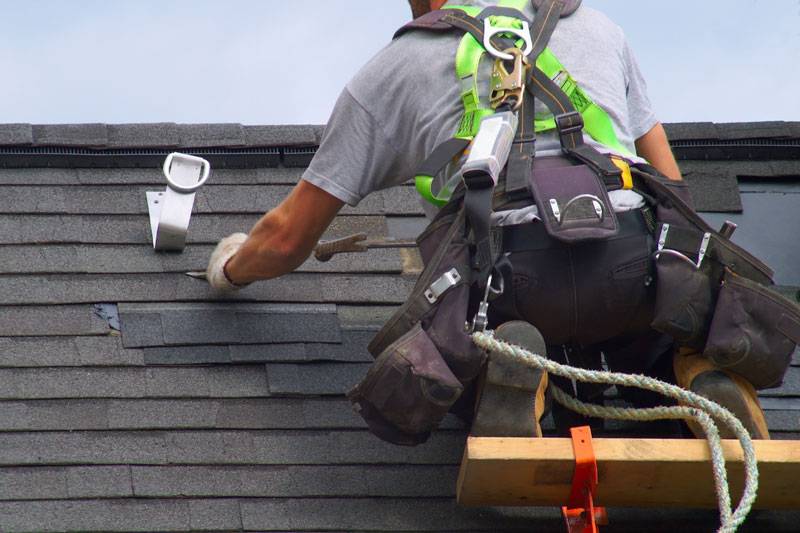After more than a decade working in field service management — including years in a large medical device company using one of the biggest names in CRM — Angie joined our team at Wello.
With deep first-hand experience as both a dispatcher and a technical support team member, she knew the daily struggles: over-complicated systems, mobile tools that don’t really work in the field, repeated site visits due to system inefficiencies, and the emotional toll on technicians.
That’s why her feedback means so much to us. She’s seen the difference between complex, costly setups and a tool built specifically for FSEs — and now, she’s sharing how Wello compares.
Here’s Angie’s full story 👇
As part of the technical support team at a major medical device company, I used to dispatch an average of 10 complex work orders a day. These were all managed through a leading CRM solution—one my company had invested heavily in, with years of consultancy to tailor it to our needs. I’m sure it was a costly initiative. While the system was fairly straightforward for me to use, I knew my FSE (Field Service Engineer) colleagues were struggling.
Despite having access to all the tools—mobile apps, tablets, laptops, cars with navigation systems, and years of customer familiarity—almost every work order required extra effort from either of us, them, or both. More often than not, they would call us back—not because the information was missing, but because the system made it too difficult to access while on the go. Mistakes that could have been avoided were happening, forcing FSEs to return to customer sites and increasing intervention costs.
There was also a human side to this. As a dispatcher, I listened all day to the frustration of my colleagues in the field. Their role was incredibly complex and stressful, and I genuinely felt for them.
And then there were our customers—constantly reaching out to request intervention reports, invoices, and more…











